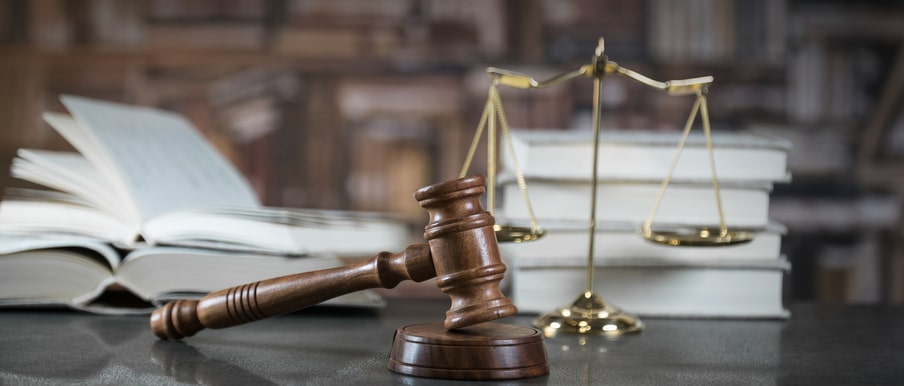Whistleblower Attorney Explains Consequential False Claims Act Supreme Court Case

On May 2, leading whistleblower attorney Stephen M. Kohn of Kohn, Kohn & Colapinto appeared on Federal Drive with Tom Temin to discuss an ongoing Supreme Court case with major implications for the ability of the government to hold fraudsters accountable under the False Claims Act.
In the case, U.S. ex rel. Schutte v. SuperValu, Inc., the Supreme Court is considering whether a company “knowingly” submitted false claims if it acted based upon a reasonable, though incorrect, interpretation of the law. In his interview with Tomen, Kohn explains what this entails.
“Somebody believes they’re defrauding the government,” Kohn states. “You have actual evidence of their intent to defraud the government. In fact, they did defraud the government. But somewhere along the line, a company can argue that they should be let off the hook, because there was a plausible argument that they weren’t defrauding the government. So what they were saying was subjective evidence. In other words, evidence of the actual people ripping off the taxpayer, evidence of their intent to rip off the taxpayer could be ignored if the company came up with a rationalization that it was ambiguous whether fraud was occurring.”
According to Kohn, based on their questioning during oral arguments in April, the Supreme Court justices appear to understand that fraudulent intent is relevant to False Claims Act cases. “The judges were like, they were essentially saying, ‘this is a simple case,’” Kohn said. “It’s like, yeah, if you have evidence of deception, you can’t ignore it.”
“This decision will be issued sometime probably in June, before the court exits for the year,” Kohn explained in conclusion. “It seemed from the argument that most of the justices were going to overturn the lower court. And this is something else that’s very important. The False Claims Act is the most effective, anti-fraud law in the United States. It’s recovered over $70 billion cash from fraudsters, not theoretical liabilities or judgments that were never collected. Actual 70 billion. And the best estimate for the deterrent value, in other words, companies acting honestly, because they’re afraid of getting caught is at least $700 billion, ten times the amount. So the law’s been super effective. And I think the justices understood that. They understood that by lowering all these standards and making it way harder to prove the fraud would really hurt the federal treasury and all honest taxpayers.”
Listen to the full interview: The Supreme Court looks ready to help out False Claims whistleblowers





